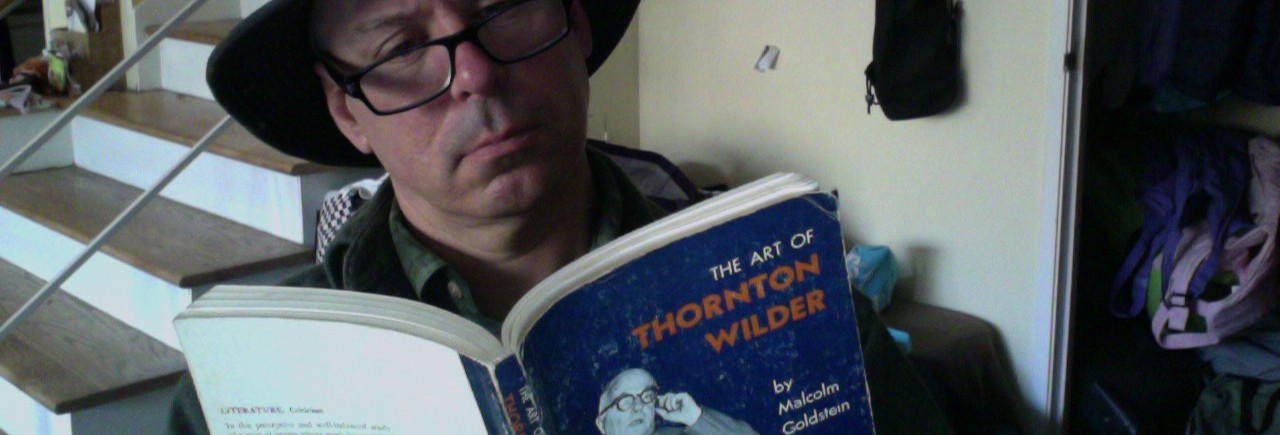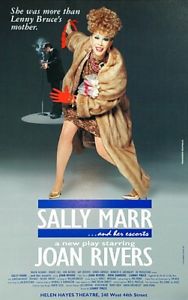There was so much to love, and so much to hate, about Joan Rivers that she was the ideal 20th century entertainer. She probably hit her most polarizing point in the last 15 years or so, with her fashion runway insult routines and her overcome cosmetic surgeries. But she never had played it safe in the first place. In the ’50s, when motherhood was still considered a sacred duty, she had a bestseller with the sarcastic birth manual Having a Baby Can Be a Scream. In the ’80s, when it was assumed that she’d hit the glass ceiling by being the only regular female guest host on the Tonight Show, she incurred the wrath of Johnny Carson by hosting a competing talk show on the Fox network.
Her formidable standup talents– her timing, her honesty, her outrage, her singular “Can We Talk?” rasp–were just a small party of her arsenal. She was a solid improviser, as good a chat-show guest as she was a host (even when highhandedly storming out of an interview, as she did just two months ago on CNN). She had stature and grace.
She was also a genuine actress of skill and breadth. She wanted to be an actress before she wanted to be a comedian, a quest she details in her 1986 memoir Enter Talking. When she experienced early-career setbacks, she went and joined Second City. She wrote and starred in a Broadway play, Fun City, in 1972. She replaced Linda Lavin and Elizabeth Franz in the pretty tough role of Kate in the Broadway production of Neil Simon’s Broadway Bound in 1988.
Her real theater triumph was playing Sally Marr, Lenny Bruce’s mother, in the world premiere of Sally Marr… and Her Escorts, which Rivers co-wrote (with Erin Sanders and the show’s director Lonny Price). At that point, she wasn’t regularly getting compared to Lenny Bruce the way she would be in her unfiltered, spite-filled TV-commentary years (and, in fact, in today’s Times obit: “a rapier wit that some critics called comic genius in the bloodletting vein of Lenny Bruce.”)
But she’d known Lenny Bruce (who’d actually given her support and encouragement when she needed it), and she had known the real Sally, and she made the play into something vital and real and warm and lived-in. It was a different sort of biodrama, and Joan Rivers provided the sympathetic star power it needed. She was nominated for a Drama Desk award and a Tony. (At the Tonys, she was up against Nancy Marchard in Black Comedy and The White Liars and Anna Deavere Smith in Twilight: Los Angeles, 1992, and lost to Diana Rigg in Medea.)
There’s a fine, wide-ranging interview with Joan Rivers, discussing Lenny Bruce and much else, on The Laugh Button site here
I’ll let her leave you with this:
“Everyone forgets comedians are actors. There’s no question about it. A Robin Williams can not say the same line every night for 40 weeks and make it sound fresh unless he’s doing an acting job.”

